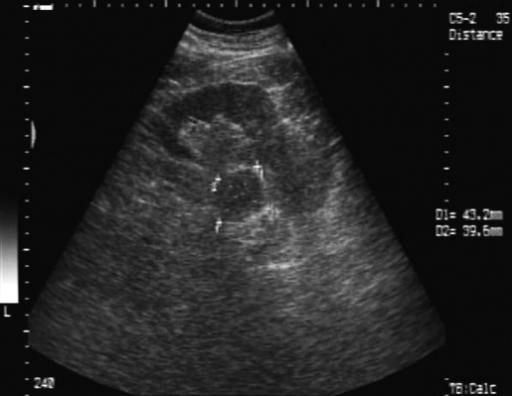

They can increase your heart rate, blood pressure, breathing, strength, and alertness. Nodules are often used to refer to enlarged lymph nodes (lymphadenopathy). Catecholamines (released by the medulla)Ĭatecholamines (epinephrine and norepinephrine) influence how your body responds to stress or fear.Your DHEA level usually goes down after you turn 30. Your body uses DHEA to make male sex hormones (androgens) and female sex hormones (estrogens). If you have an adrenal tumor, it may affect the production of these hormones:Ĭortisol affects your metabolism and helps you recover from physical stress and infection.Īldosterone regulates your sodium and potassium levels, which affect blood pressure and the balance of fluids and electrolytes (water and salt) in your body. Your adrenal glands produce four common hormones. The medulla makes hormones that affect how your body responds to stress. The cortex releases hormones that affect your metabolism (the way your body converts what you eat and drink into energy), blood pressure, and physical characteristics, like body shape and where and how much hair grows on your body. These two glands, located above the kidneys, are part of your endocrine system, which produces hormones that regulate different bodily functions.Įach adrenal gland has a cortex (an outer layer) and a medulla (an inner region). A computed tomography (CT or CAT) scan or a magnetic resonance imaging (MRI) scan may be useful in diagnosing an adrenal gland tumor and determining. 3 Blood and urine tests help measure the amount of adrenal hormones, which can detect a functional tumor. Adrenal tumors form in the adrenal glands. To diagnose an adrenal gland tumor, a health care provider may order one or more tests.


 0 kommentar(er)
0 kommentar(er)
